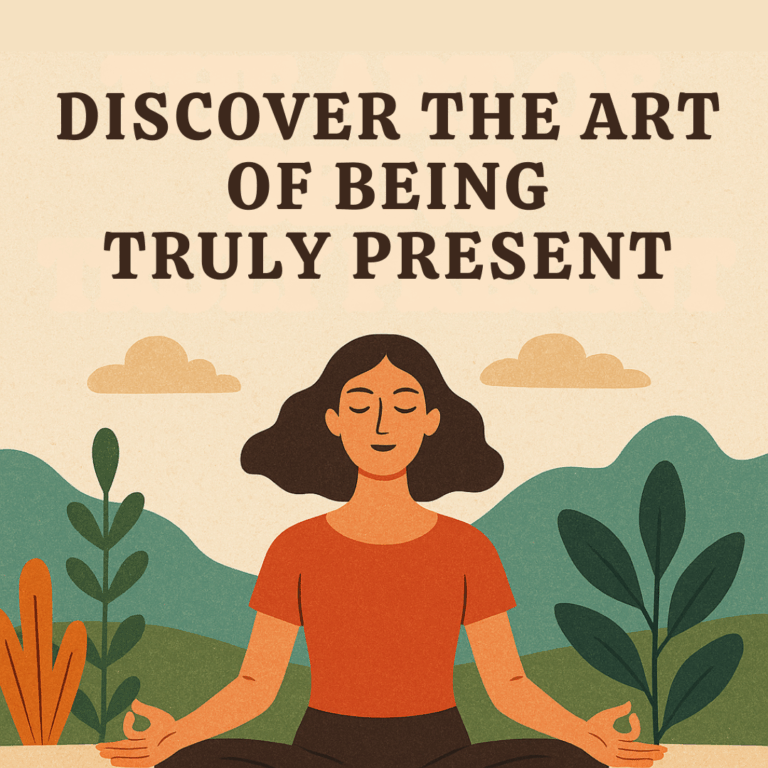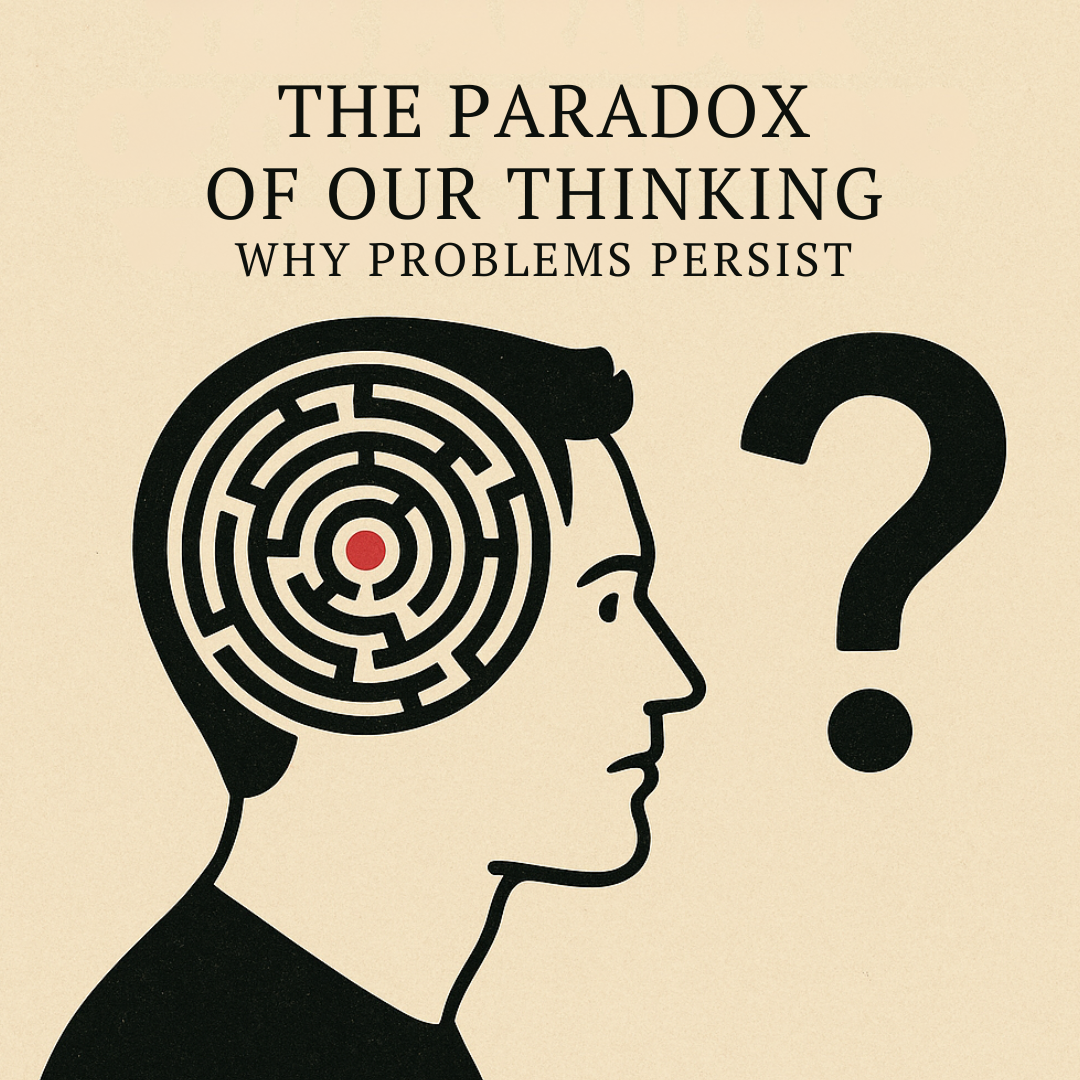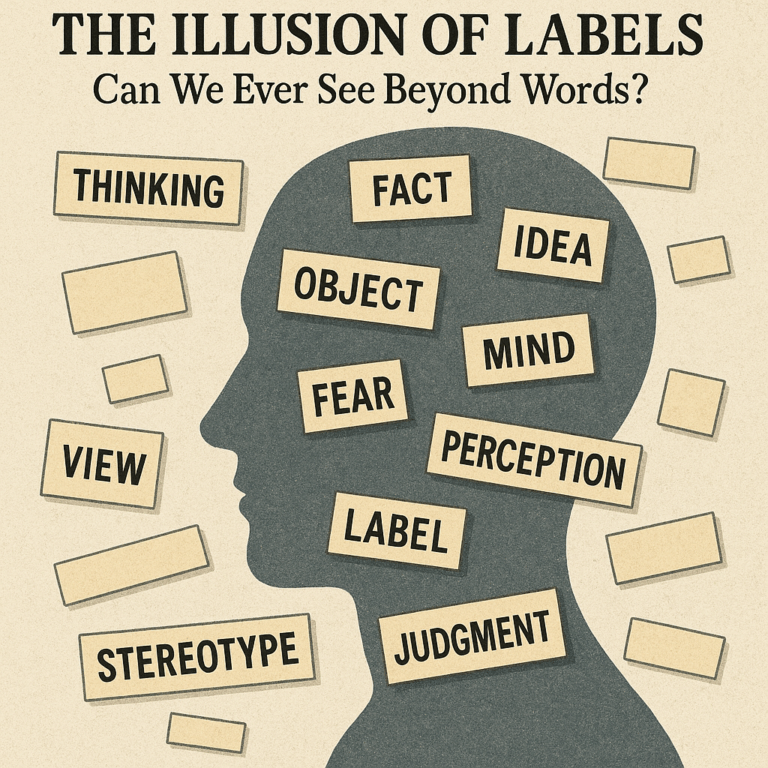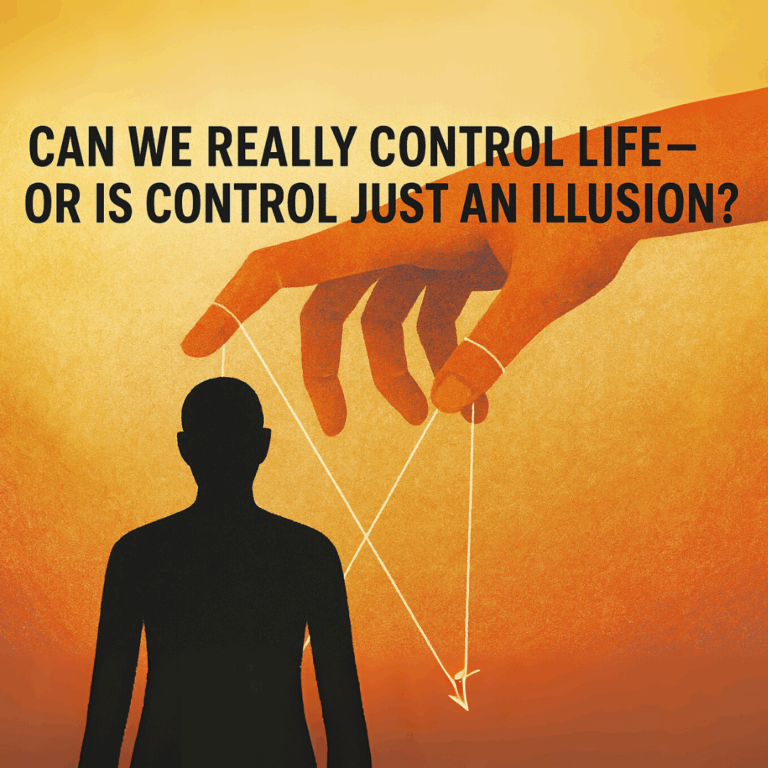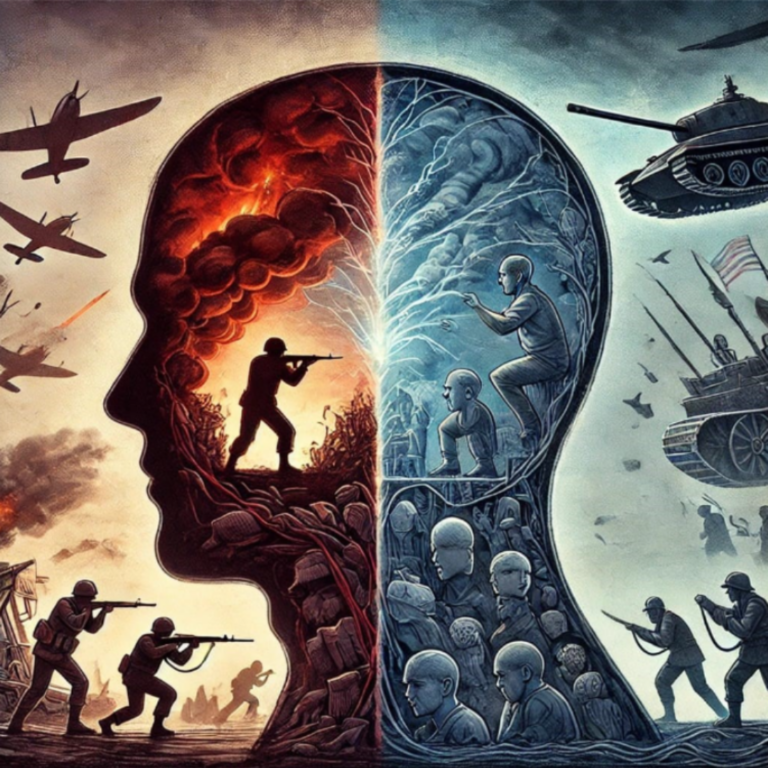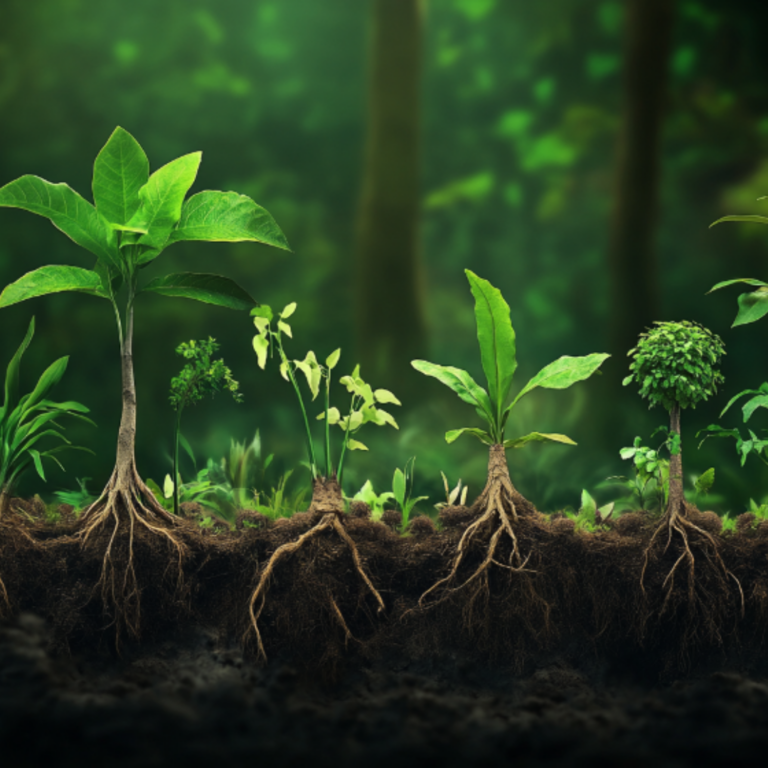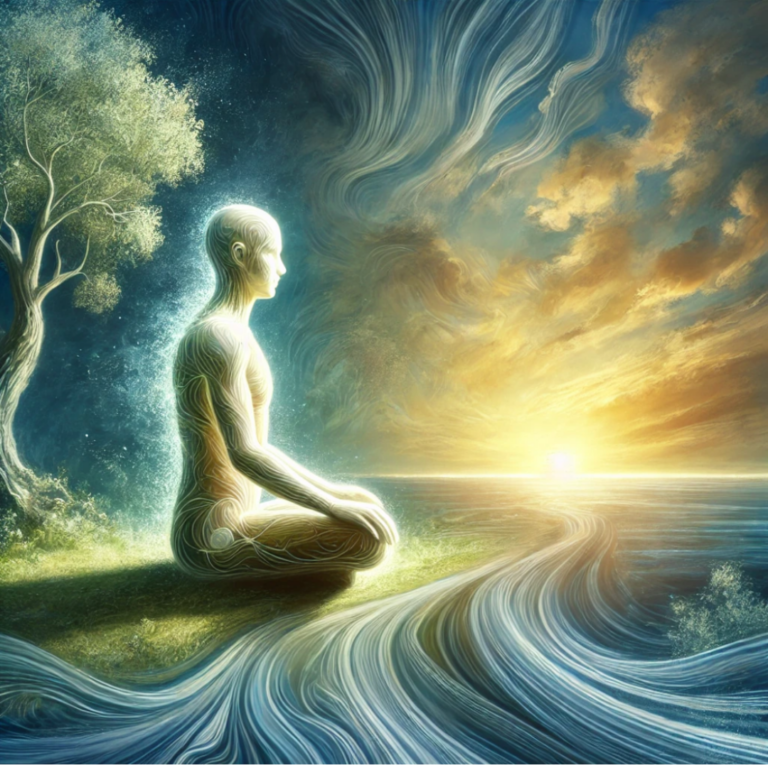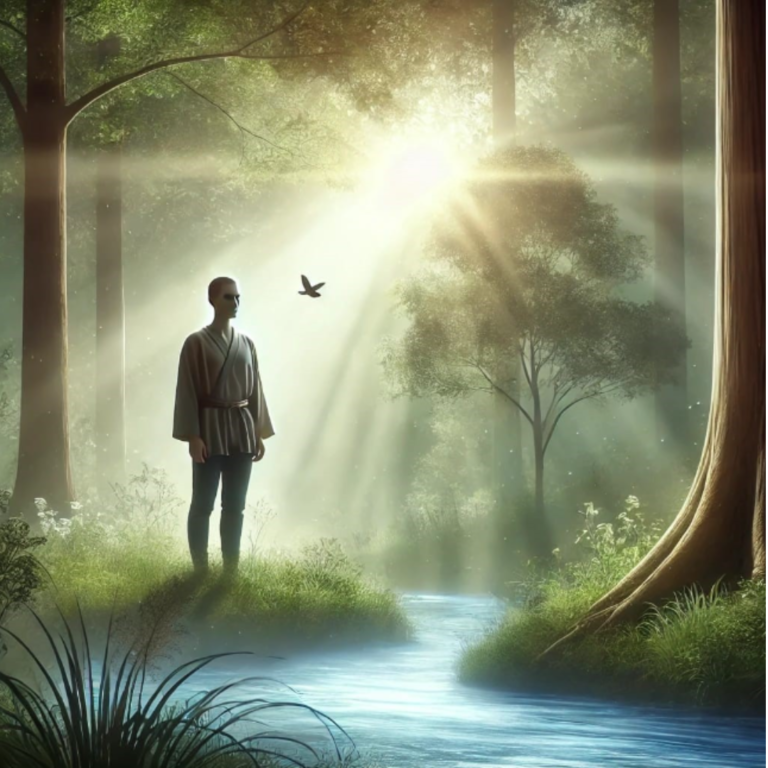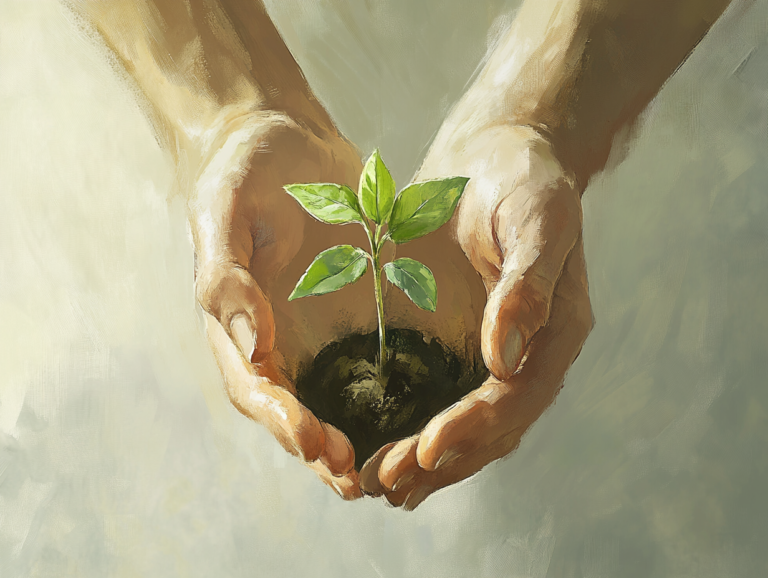It’s strange how we often measure the state of the world by what’s happening in our own little corner of it.
If our job is stable, our family is safe, and our daily routines are unchanged, we say, “Things are good.”
But is that really the whole picture?
If someone else is suffering across the street or the world, does that not matter simply because it hasn’t touched us yet?
Whether it’s economic hardship, violence, injustice, or war, our response is often shaped by personal alignment.
If we belong to or side with a certain group, we feel concern when that group suffers. If “our side” appears to be winning, we feel proud or relieved. And if something happens to a group we don’t identify with — or perhaps even oppose — we may feel indifferent, or worse, secretly glad.
This isn’t just politics or nationalism. It happens in families, workplaces, and communities, anywhere the mind operates through personal bias.
But here’s the deeper issue: we don’t often see ourselves as part of one human story.
Our prejudices and narrow identifications stop us from realizing that all life is interconnected.
When one part of the world suffers, even if we don’t feel it immediately, the effects ripple out — socially, economically, emotionally, and spiritually.
The world is not divided except in our minds.
What if we could see clearly, without the filter of “me first” or “us versus them”?
What if we looked at suffering, not as something happening to “them,” but as something that touches the whole of humanity, including ourselves?
That shift in perspective could be the beginning of real compassion. Not sentiment, not slogans, but understanding. And from that understanding, perhaps, a different way of living and relating to one another.


